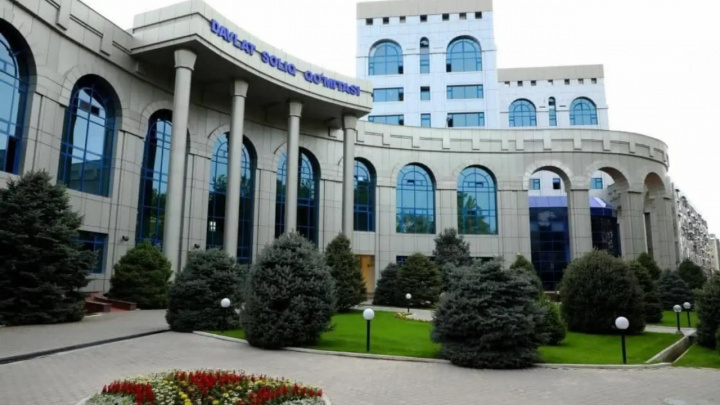Uzbekistan exempts mobile communication services from excise tax
Uzbekistan’s legislative reforms for 2025 include significant changes to the country’s Tax Code, including the exemption of mobile communication services from excise tax. These amendments were adopted as part of the law "On Amendments and Additions to Certain Legislative Acts of the Republic of Uzbekistan in Connection with the Adoption of the Main Directions of Tax and Budget Policy for 2025."

The law introduces several key tax modifications aimed at streamlining processes and providing relief to businesses and individuals. Highlights include:
- Value-added tax (VAT) exemption: Transactions involving the sale of unused non-agricultural land plots are now exempt from VAT.
- Land Tax reform: The doubled land tax rate for agricultural land plots within urban and suburban administrative borders has been abolished.
- Reduced social tax for sole proprietors: Individual entrepreneurs will now pay a reduced social tax amount.
- Customs Simplification: Taxpayers are no longer required to submit documents confirming the crossing of customs borders for goods to tax authorities.
Tax incentives and exemptions
In addition to the excise tax exemption for mobile communication services, the following temporary and sector-specific tax benefits have been introduced:
- Support for vulnerable groups: Entrepreneurs employing members of low-income families will receive tax incentives.
- Renewable energy encouragement: Tax relief is granted to individuals and businesses installing renewable energy systems.
- Educational and entrepreneurial initiatives: Temporary tax benefits have been introduced to promote publishing, IT activities, and initiatives such as youth engagement in mobile roadside trade.
Conversely, the tax incentives previously provided for export revenue under profit tax and turnover tax have been revoked, and specific fixed tax rates and payment conditions under turnover tax have been abolished.
Changes to excise and property tax rates
The law also revises excise tax rates for products such as tobacco, alcohol, and petroleum. Adjustments to property tax, land tax, and water resource usage taxes were also enacted.
Additionally, amendments to the Budget Code ensure that any legislative changes affecting tax and customs privileges or revenue allocations will take effect starting January 1 of the following fiscal year.
Related News

16:40
Aggregators to pay taxes on behalf of self-employed taxi drivers and couriers earning over 100 million UZS

15:39 / 03.04.2025
Tax Committee develops new system to track personal incomes, including foreign earnings

19:17 / 02.04.2025
Uzbekistan sees 20% increase in budget revenue in Q1 2025

15:48 / 02.04.2025



